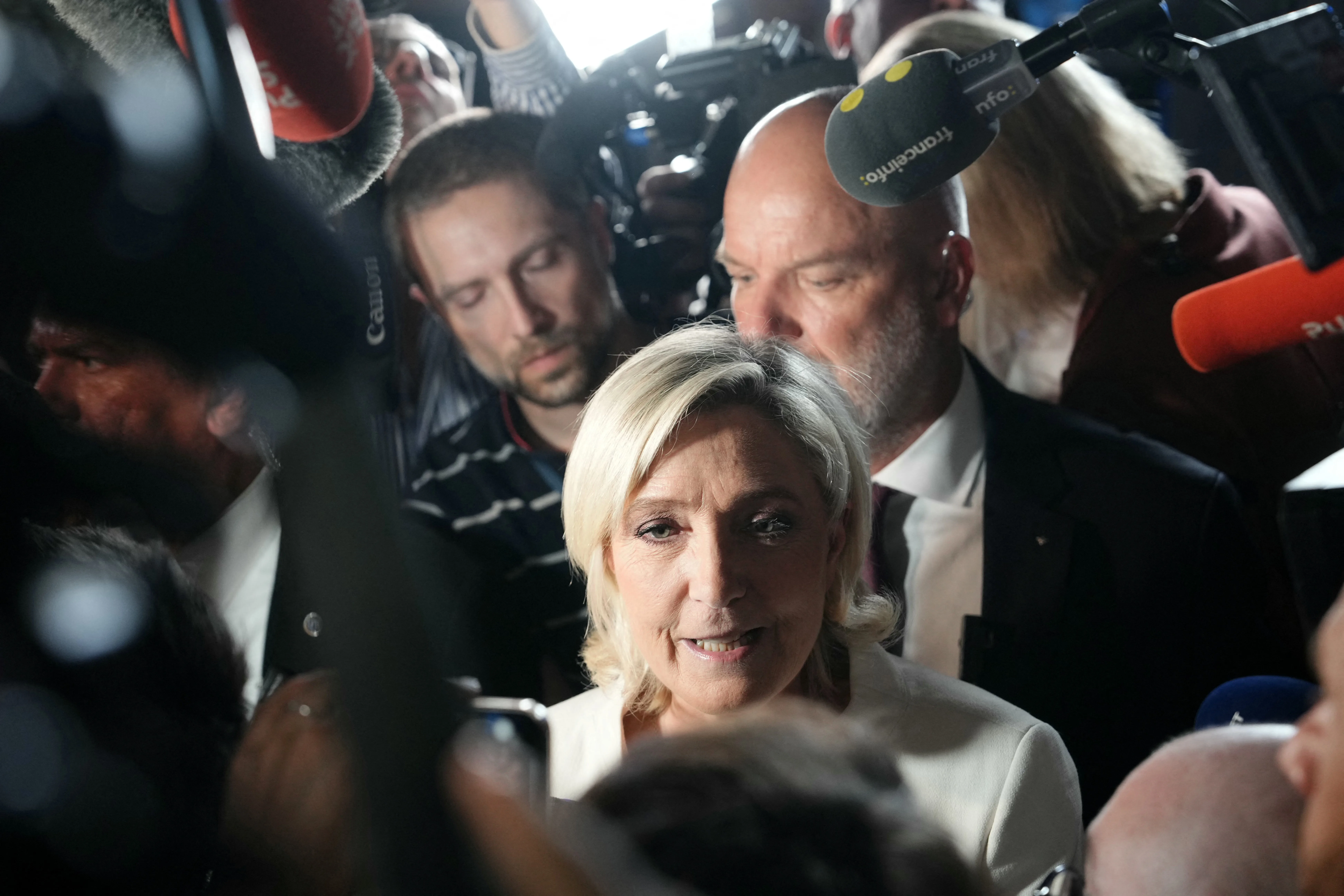Brussels – A month passed with the nightmare of handing Parliament over to the far right, and suddenly, France woke up today (July 8) with the leftist coalition of the New Popular Front (NFP) claiming the government. The Republican bloc has held up: appeals to withdraw to block the National Rally (RN) worked: in the second round of the legislative elections, the opposite occurred, with the radical left winning 182 seats, the presidential alliance Ensemble 168, overtaking Marine Le Pen and her allies, who won 143 seats.
It is a scenario that marks a new chapter in the history of the Fifth Republic: despite having averted the possibility of an uncomfortable cohabitation between Emmanuel Macron and a far-right government, no bloc has the numbers – 289 parliamentary seats – to govern alone. So, the parties of the two largest coalitions, NFP and Ensemble, will have to roll up their sleeves, set up a broad alliance, and learn to negotiate on a case-by-case basis. The President of the Republic, who has often enjoyed vast prerogatives, will now have to deal with a Parliament that is no longer his backyard.
Prime Minister Gabriel Attal announced that he will submit his resignation to Macron today but will ferry the executive “as long as duty requires.” Now begins the time for consultations between the parties and between them and the President of the Republic, with the latter, however, also the leader of one of the political formations necessarily involved, Renaissance.
The New Popular Front already claimed the role of Prime Minister since it won 14 more seats than the Presidential alliance. A potentially much broader gap if the leftist coalition had not withdrawn more than 140 candidates from the second round to bar Le Pen’s way. Emmanuel Macron “has a duty to call the New Popular Front to govern,” said the leader of La France Insoumise, Jean-Luc Mélenchon after the first estimates of the results.
The NFP-Ensemble Broad Camp. The left will propose a candidate to become Prime Minister this week
In the world of the French left, Mélenchon’s radical party will still be the most represented in the National Assembly, with 71 seats. But the polls have narrowed the distance between La France Insoumise (LFI) and the others: while Mélenchon will lose four deputies from the 75 elected in 2022, Olivier Faure’s Socialist Party has doubled its MPs from 31 to 64, and the Ecologists led by Marine Tondelier will increase its specific weight, from 21 to 33 seats. Further behind is the Communist Party, which elected 9 MPs.

While Manon Aubry, an MEP for LFI and Co-President of the European Left group, said on Franceinfo that “there is a possibility that the Prime Minister will come from the ranks of her party,” coalition leaders announced that they would present a shared candidacy for the role of Prime Minister within the week. In the morning, Aubry sounded the alarm against “the Macronists who seem to want to reject the verdict of the polls” and the nomination of an NFP Prime Minister.
The truth is that within the hypothetical broad alliance ranging from the Communists and LFI to the center-right of Horizons – whose leader, Edouard Philippe, declared before the second round that he would refuse to vote for the radical left as an anti-RN function – the party that will count the most deputies is once again Renaissance. It is Macron’s revenge after being criticized for calling early elections that could have sanctioned the victory of the far right, but in the end, still firmly at the center of any eventual government project. The President’s Party won 98 seats, the Democratic Movement 34, and Horizon 26 in the centrist coalition.
In a lengthy post on X, the President of the Renew Group in the European Parliament, Valerie Hayer, vindicated, “Our political family will be one of the essential pillars in building tomorrow’s majority projects.” A clear warning to the left. Because if “no bloc will have a majority alone,” French politics will have to start “working differently” to “overcome differences to offer a way forward for the country.” A practice distant from the French political culture but well-established in the European Parliament, where “we build ambitious compromises every day to write laws useful to our fellow citizens throughout Europe,” Hayer continued. If NFP and Ensemble can not agree on the Prime Minister and the cabinet portfolios, they could play the card of a technical government, also foreign to French parliamentary history.
The shock of the Rassemblement National, Le Pen: “Victory is only postponed”
.









